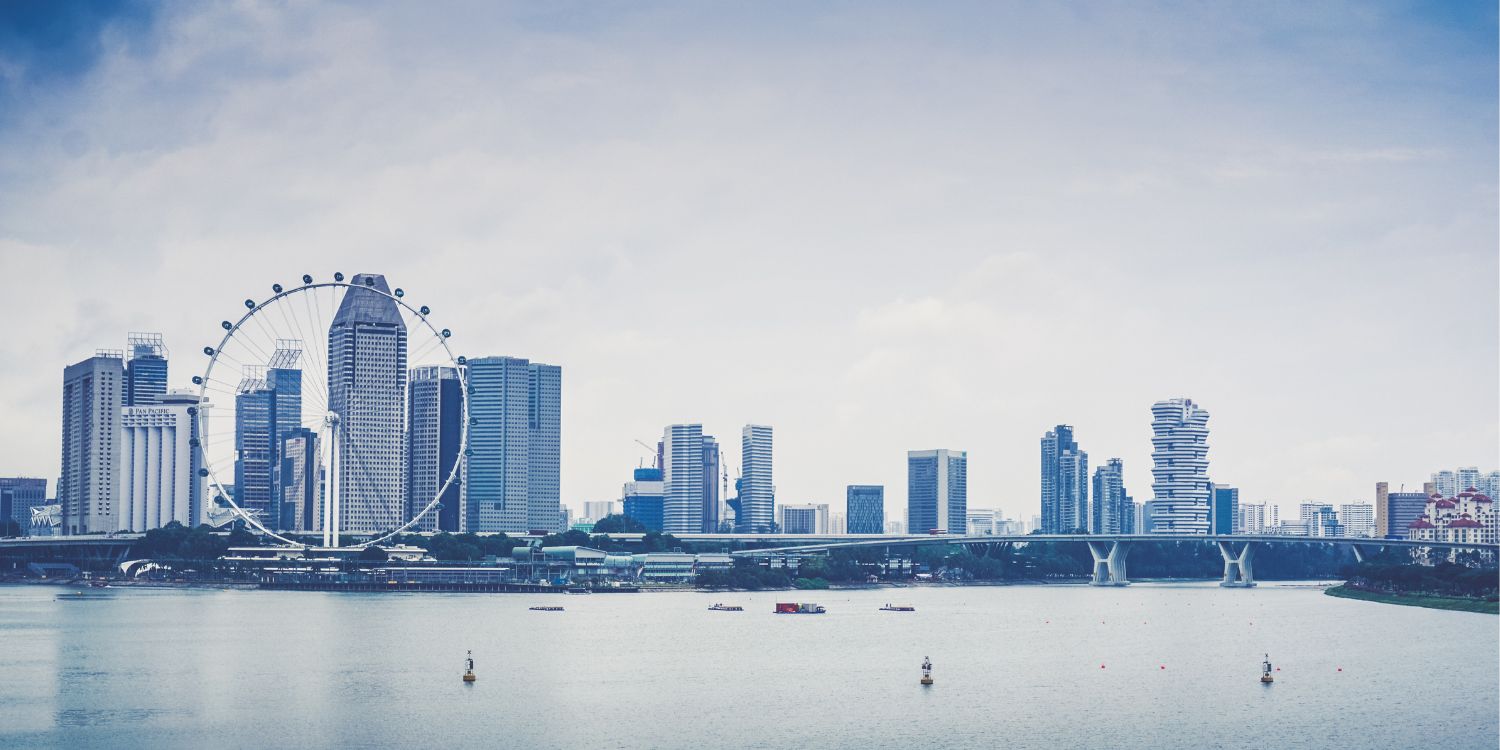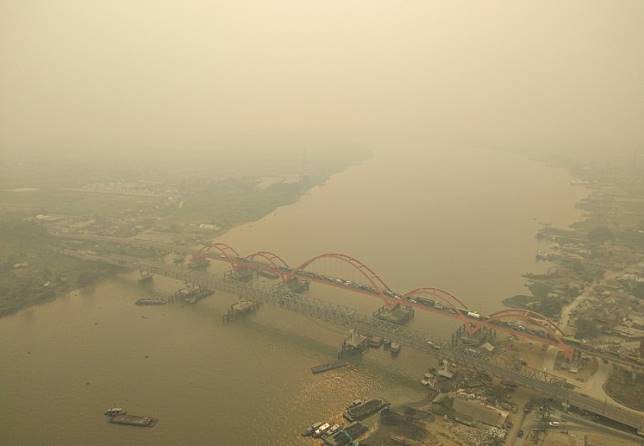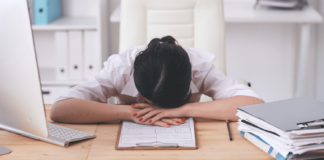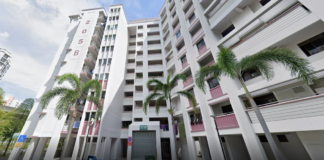Quality Of Air In Singapore May Deteriorate After More Sumatra Hotspots Surface
On 29 Sep, the National Environment Agency (NEA) warned that the air quality in Singapore may deteriorate.
This is due to an increase in the number of hotspots in Sumatra over the past few days.
NEA has thus advised the public to refer to the 1-hour PM2.5 personal guide when planning outdoor activities.
Meanwhile, the agency will continue to monitor the situation closely.
Air quality in Singapore may deteriorate due to Sumatra hotspots
According to a press release, NEA said the 24-hour Pollutant Standards Index (PSI) in the East of Singapore stood at 81, in the moderate range, as of 29 Sep, 3pm.
The possibility of the air quality deteriorating is due to the increase in the number of hotspots over Sumatra in the past few days, with 241 on 27 Sep and 145 on 28 Sep.
Authorities also observed moderate to dense smoke haze over parts of South and Central Sumatra.
For now, NEA expects the winds in the nearby region to continue blowing from the Southeast. This will keep the dense haze away from Singapore.
“While Singapore is not expected to experience severe haze in the coming days, the PSI may deteriorate if there is a shift in wind direction,” NEA said.
If the PSI does drop into the unhealthy range, the government’s Haze Task Force (HTF) is ready to execute their haze action plans.
As of Monday (2 Oct) morning, the reading is now 53.

Source: NEA
Check 1-hour PM2.5 concentration readings when planning outdoor activities
NEA noted that the public should refer to the current 1-hour PM2.5 concentration to check on current air quality.
They can also use the associated 1-hour PM2.5 personal guide to plan strenuous or outdoor activities.
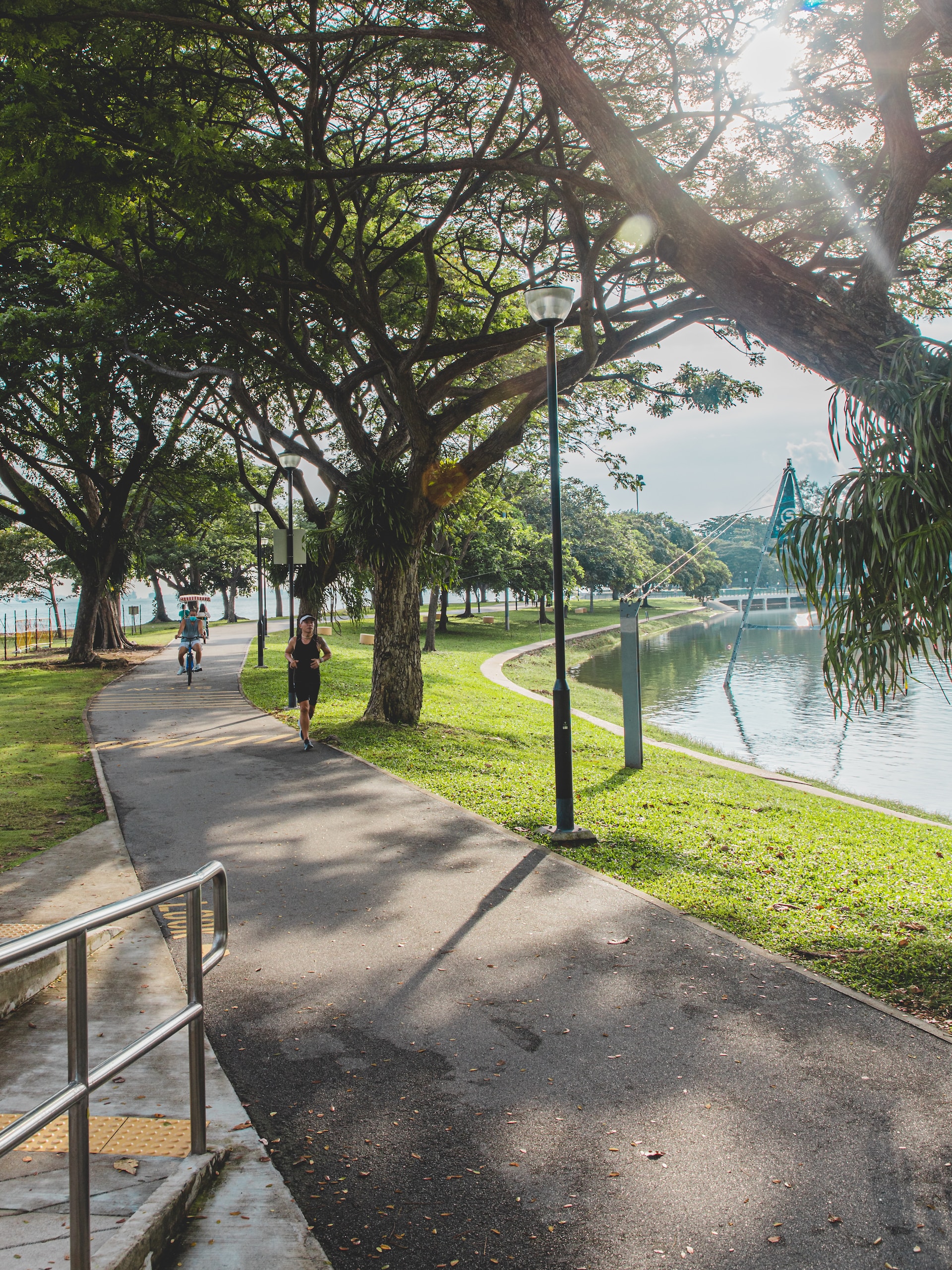
Source: Tobi on Unsplash
The 1-hour PM2.5 concentration level can be volatile. As such, it may fluctuate throughout the day due to weather conditions, especially when there’s transboundary haze.
As for the health impact of haze, NEA said it will depend on an individual’s health status, the 24-hour PSI level, and the duration and intensity of outdoor activities.

Reducing such activities and physical exertion can mitigate the negative effects of haze exposure.
In addition, patients with chronic heart and lung conditions should ensure their medication is accessible.
Vulnerable persons, which includes those mentioned above and the elderly, pregnant women and children, should seek prompt medical attention if they develop symptoms or feel unwell.
More tips to reduce haze exposure are available on the haze website, NEA’s official website and the myENV app.
NEA added that they will continue to closely monitor the situation and update further if it deteriorates.
If the 24-hour PSI is anticipated to enter the unhealthy range, NEA will provide daily haze advisories.
This includes the 24-hour PSI forecast, which the public can use to plan their activities and events the day after.
Have news you must share? Get in touch with us via email at news@mustsharenews.com.
Featured image adapted from Unsplash.

Drop us your email so you won't miss the latest news.
